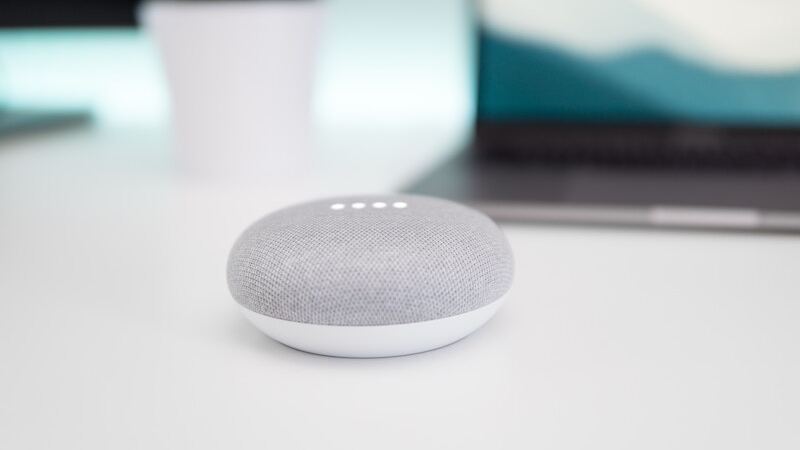Connecting...
How the heating sector is bracing for change
almost 7 years ago Empty Jason Thornhill

Some of the biggest manufacturers in the heating sector are warning that advancing technology and growing concerns over climate change will change the shape of the industry significantly over the next 20 years.
In a recent interview with H&V News, Carl Arntzen, managing director of Worcester Bosch, said digitalisation would be one of the biggest disruptive factors in the next decade but he also stressed that it created opportunities.
We have written previously about the impact of the so-called Internet of Things (IoT) on HVAC and how manufacturers can capitalise on the appetite for innovation and the data that is being made available to put themselves at the forefront of smart building solutions. Mr Arntzen agrees, saying that the use of sensors in products such as boilers will provide new opportunities for manufacturers and contractors alike, one big advantage being that they will be able to carry out monitoring and maintenance without having to be on site.
All this technological change comes at a time when climate change and the need for low carbon building initiatives is right at the top of the political agenda. The conditions seem to be ripe for expansion of the heat pump market but there are other possibilities too.
In November, Ofgem approved £14.9 million funding for HyDeploy2, a four year programme of trials on public gas networks, blending hydrogen with natural gas to heat homes. Some of the biggest heating manufacturers have revealed that they are already developing hydrogen-based prototypes as they plan for a low carbon future.
Autumn statistics from the Committee on Climate Change found that emissions from buildings made up 19% of the UK’s overall emissions in 2017 and that significant action is now needed to meet decarbonisation targets. The challenge now for heating manufacturers is to decide how much to invest in new technologies and which options to prioritise.
